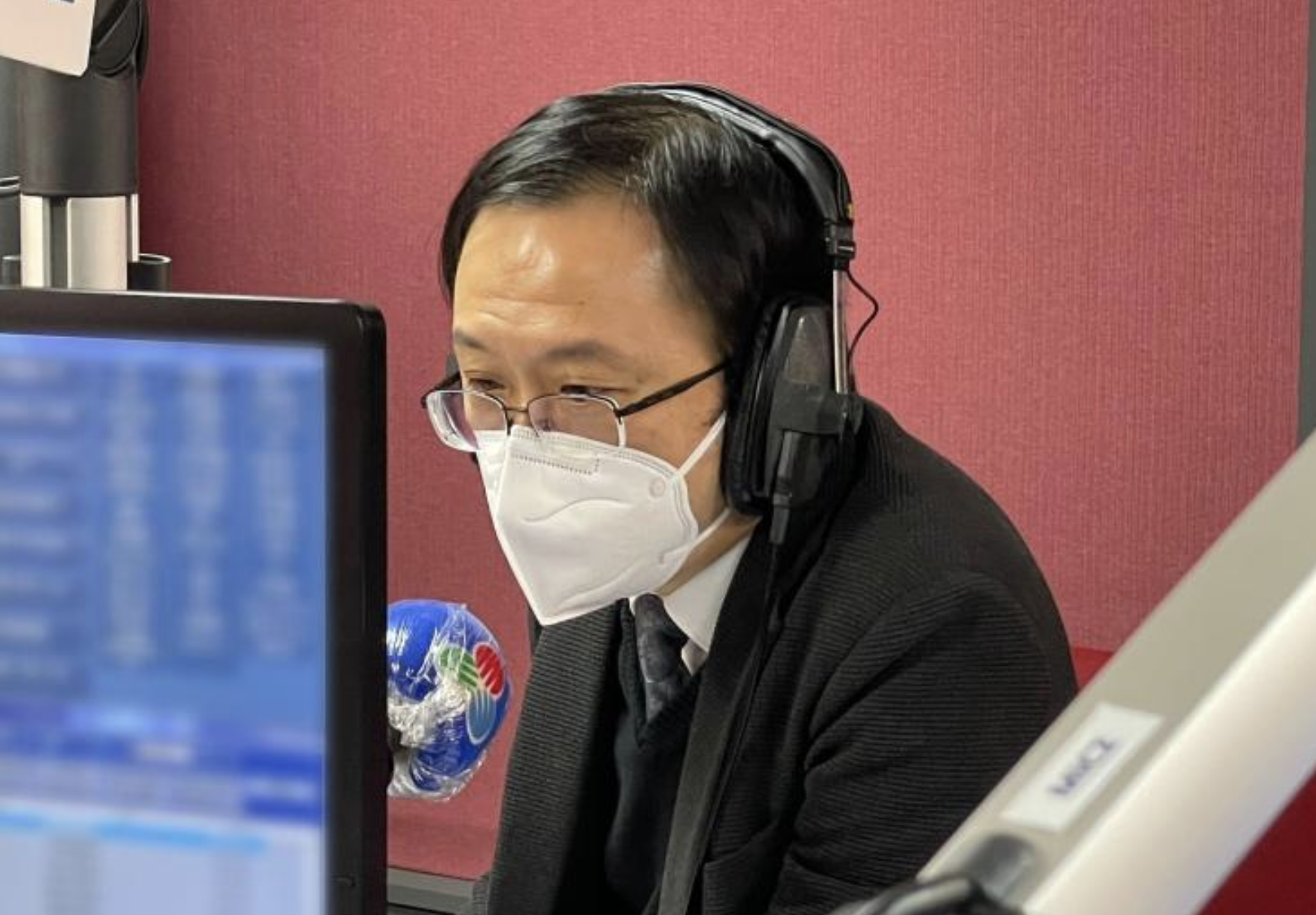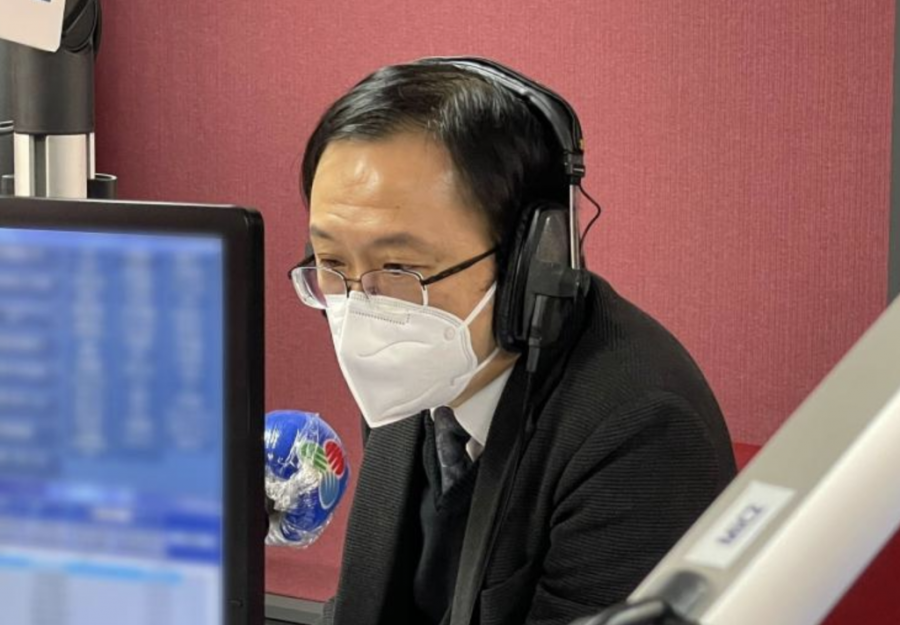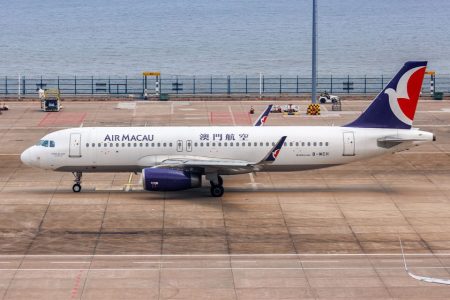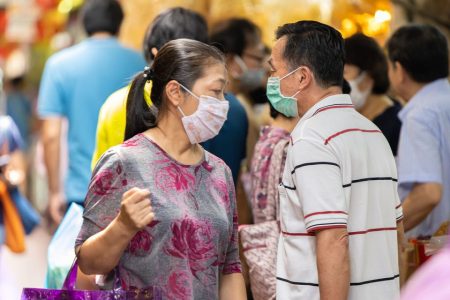Macao health experts believe that the city’s Covid-19 contagion is “gradually” reaching its peak, Chang Tam Fei, acting director of Conde São Januário Hospital’s Emergency Department, said during a current affairs phone-in programme hosted by Ou Mun Tin Toi, the Chinese-language radio channel of public broadcaster TDM.
He warned, however, the number of people testing positive for the disease will remain high for now, saying, “The huge number of infections will continue.”
Health Bureau Director Alvis Lo said on 21 December that the current oubreak should peak within one or two weeks.
On 23 December, Secretary for Social Affairs and Culture Elsie Ao Ieong U said around 115,000 people in Macao had already tested positive for Covid-19.
Chang also pointed out during the radio programme that the possibility of retesting positive for Covid-19 within three to six months after recovering from the disease is low.
He said: “I won’t say it’s definitely not going to happen. But for the majority of people, the chance of re-infection within three to six months is quite low.”
However, people with weak immune systems, such as those suffering from chronic diseases, may have a higher chance of catching the virus again, Chang added.
Asked whether Macao’s healthcare system has been overwhelmed by the city’s current Covid-19 development, he admitted that frontline medical staff are under pressure due to Macao’s sudden increase in the number of people who have tested positive for the disease, and that the city’s health workers may be facing a short-term work overload.
Hence, local health authorities have suspended or rescheduled less urgent services like routine health care and outpatient clinics, deploying personnel in those areas to the front line, instead. This arrangement, however, may take longer than expected, he said.
Meanwhile, in the past few days, ambulance services were called for more than 400 times per day – more than double the normal rate, according to Chang.






